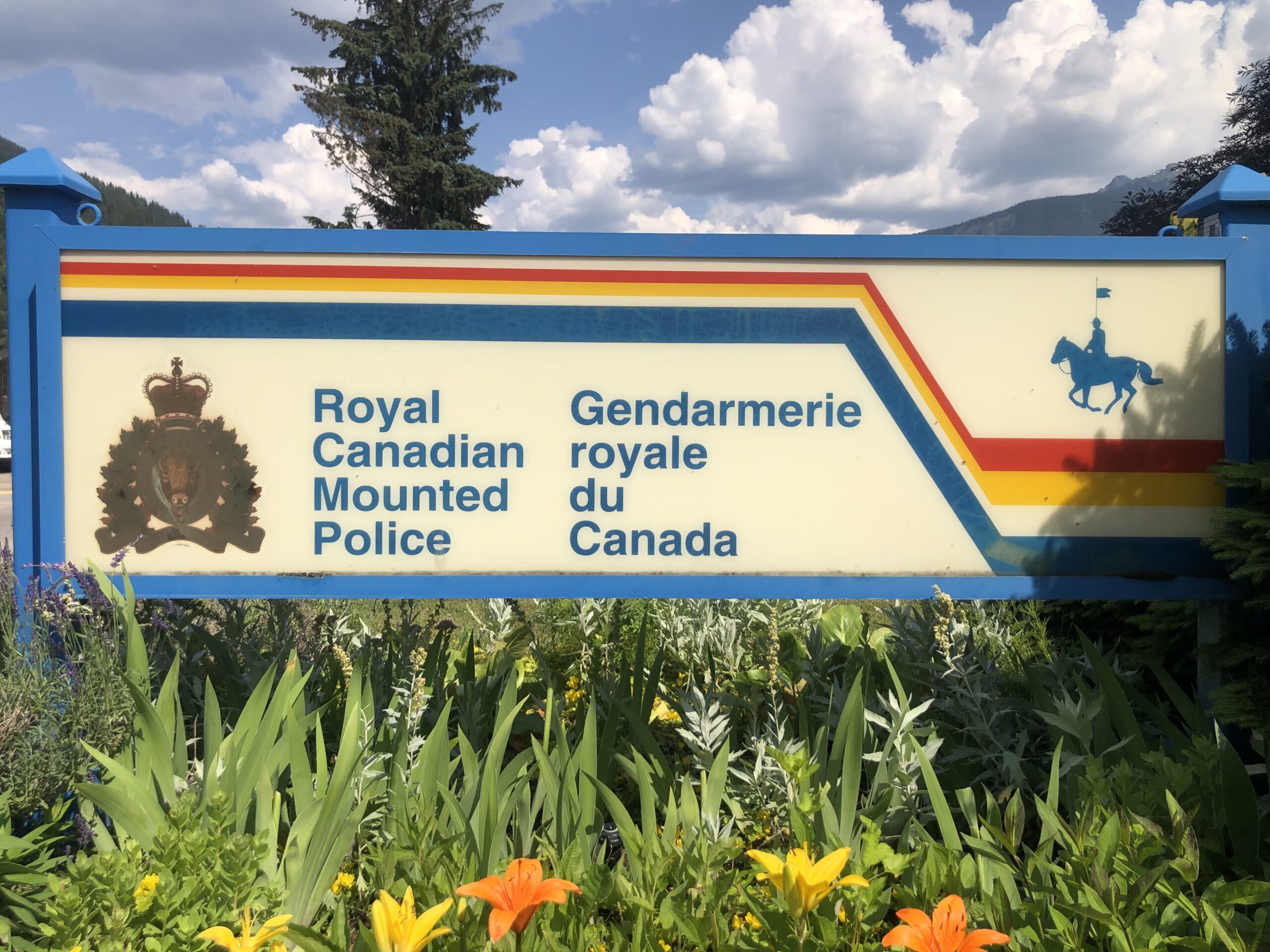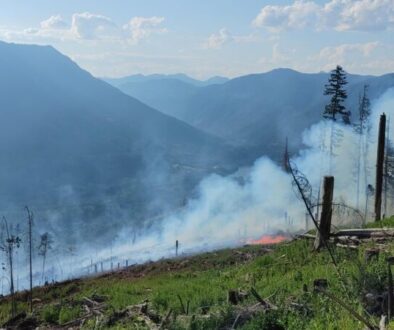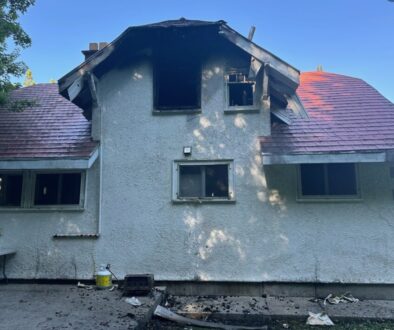Identity of man killed in August by Revelstoke RCMP revealed by family
The sister of the man killed by Revelstoke RCMP early on Aug. 28 revealed his identity on Facebook.
Garry Pashe Jr., 24, lived in Portage La Prairie, Manitoba, with his partner and two young children, according to his obituary.
Mellisa Pashe is his sister. She wrote on Facebook that she had to give her baby brother some form of justice.
“I didn’t want him to be viewed as just another statistic, or a violent criminal or an unknown male who was shot and killed by police,” she wrote.
Stoke FM has left her messages but she has not responded.
Pashe Jr. was Ojibwe-Dakota. He was raised on the Long Plain and Tipi Reserves.
It’s not clear why he was in B.C., but Mellisa wrote on Facebook that she thought he was trying to get home for his child’s birthday.
According to a press release on Aug. 29 from RCMP Staff Sergeant Kris Clarke, Pashe Jr. is alleged to have stolen a vehicle at around 11:00 pm, Aug. 27, in Revelstoke. The RCMP were chasing him downtown and blocked his way. He ran away on foot, then circled back and went in a RCMP vehicle. That’s when he was shot. He later died in the hospital in Revelstoke.
The Independent Investigations Office of B.C. (IIO) investigates any incident involving British Columbia police who seriously harm or kill someone to determine whether the police actions were justified. Revelstoke RCMP notified the office of the shooting immediately after it happened, at 12:10 am, Aug. 28, and the office took over the case.
The IIO is headed by a chief civilian director, who can never have been a police officer. The idea is the organization that investigates the actions of police in B.C., is independent from the police.
Ron MacDonald has been the chief civilian director of the office since 2017. He was a lawyer for 38 years before that.
In regards to the death of Pashe Jr., the office is investigating whether it was justified for a police officer to shoot.
The law for a police officer is very similar to to a law that would apply to any other person, MacDonald said.
People are entitled to use lethal force if they believe that they, or any one else, is facing grievous bodily harm or death from another person.
Investigators have released very little information about the shooting in Revelstoke, because, “It’s been demonstrated time and again that that can impact, actually the memory of people,” MacDonald said.
To investigate this case a team from IIO came to Revelstoke to examine the Fourth Street roundabout where Pashe Jr. was shot. They examined the vehicles, the gun used to kill Pashe Jr., and canvassed the area to speak to witnesses. They gather evidence like camera and cellphone footage.
They did an autopsy and toxicology report.
They interview other officers who witnessed the shooting. The officer under investigation can give an interview, but they have a charter right that protects them from giving evidence against themselves in a criminal proceeding, MacDonald said.
In this investigation witnesses have come forward, MacDonald said.
Due to a backlog of several years, he expects this investigation to take months longer.
MacDonald is the one who ultimately uses the results of the investigation to decide if the officer was justified in their use of lethal force. If that is his conclusion he will refer the matter to the Crown to seek approval to lay charges.
On average the office investigates 200 cases a year. About ten per cent a year are referred to the Crown, MacDonald says.
The cases where an officer’s actions are found to be justified, MacDonald writes a public report to explain the investigation.
meagan@stokefm.com




